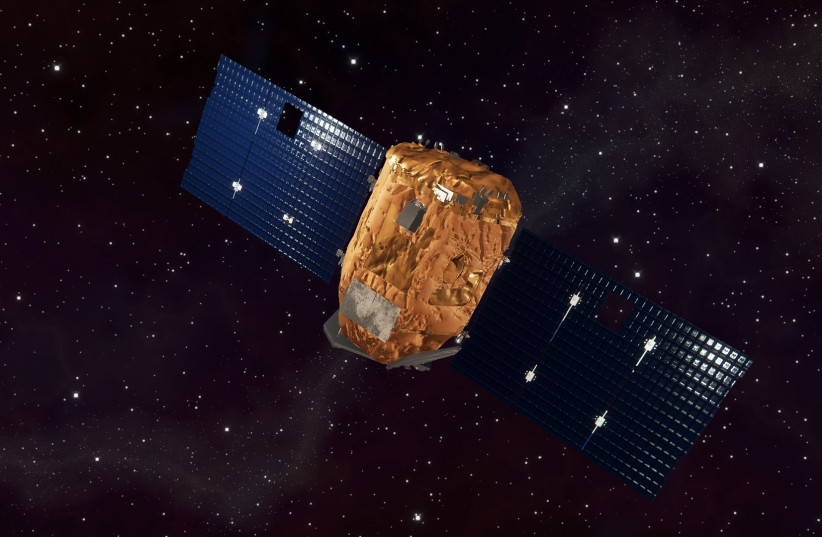Israel Aerospace Industries (IAI) doubled the lifespan of the Venus satellite by adjusting its altitude in space from 410 km (255 mi) above Earth to 560 km (348 mi).
The satellite, which was originally intended to return to Earth, will instead continue its mission to monitor vegetation on Earth using a camera with 12 spectral bands developed by EL-OP and a propulsion system built by Rafael Advanced Defense Systems.
Venus (Vegetation and Environment Monitoring New Micro-Satellite) was launched in 2017 by the Israel Space Agency and France's National Center for Space Studies and was meant to last only 2.5 years. However, the satellite, operated by IAI engineers, will continue on.

Satelite survivability
"We are proud of IAI’s engineers, who have succeeded in increasing the Venus satellite’s service life and have allowed the important scientific mission to continue for an extended period."
Guy Bar Lev, EVP and GM of Space, Missiles, and Systems Group, IAI
"We are proud of IAI’s engineers, who have succeeded in increasing the Venus satellite’s service life and have allowed the important scientific mission to continue for an extended period," said Guy Bar Lev, EVP and GM of the Space, Missiles, and Systems Group at IAI.
"Building on decades-long experience and expertise in creating innovative solutions, IAI is developing observation and communication satellites, ground control stations and mission and applications centers, and a full range of space sub-systems," he added. "IAI is one of the few companies in the world with end-to-end space capabilities - designing, developing, manufacturing, and launching its high-end products in Israel. Supporting crucial space research, we are utilizing our brightest minds to assist in finding new solutions to the environmental and technological challenges facing our world today."
